
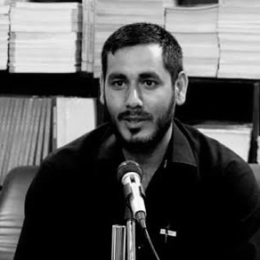
Fazelminallah Qazizai
Fazelminallah Qazizai is an Afghan journalist and co-author of ‘Night Letters: Gulbuddin Hekmatyar and the Afghan Islamists who Changed the World’. He has worked for international media including the Financial Times, NPR, the New York Times, the New Yorker and Le Monde diplomatique. He has always lived in Afghanistan and is a graduate in Islamic law from Kabul University.
Latest from Fazelminallah Qazizai
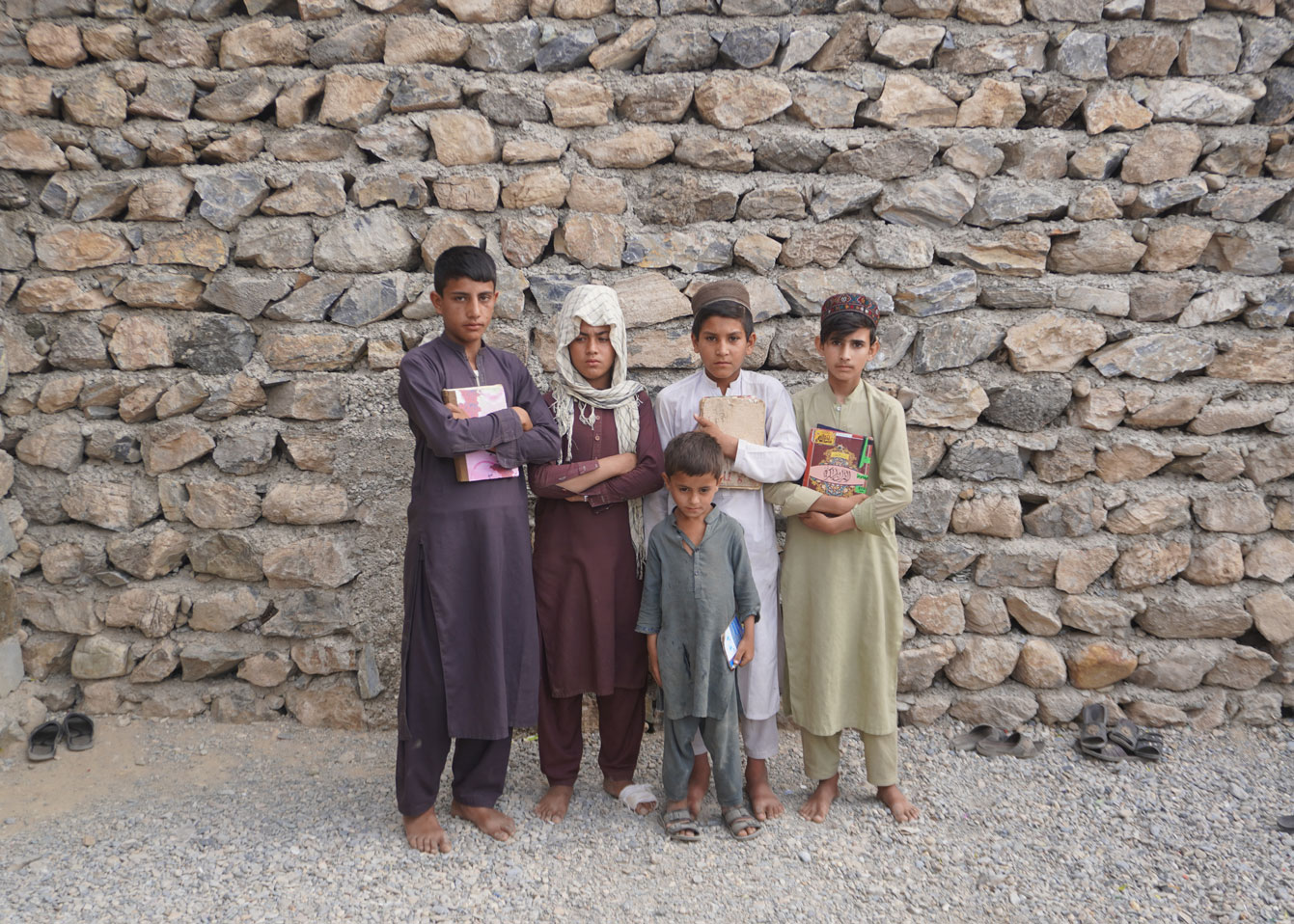
Children Are Bearing the Weight of Afghanistan’s Economic Woes
Unless things change in Afghanistan, future generations will grow up in a country where resources are scarcer and prospects slimmer. Without modern education nationwide to promise social mobility, many Afghan children find themselves left with the misfortune of having to risk life and limb at the border.
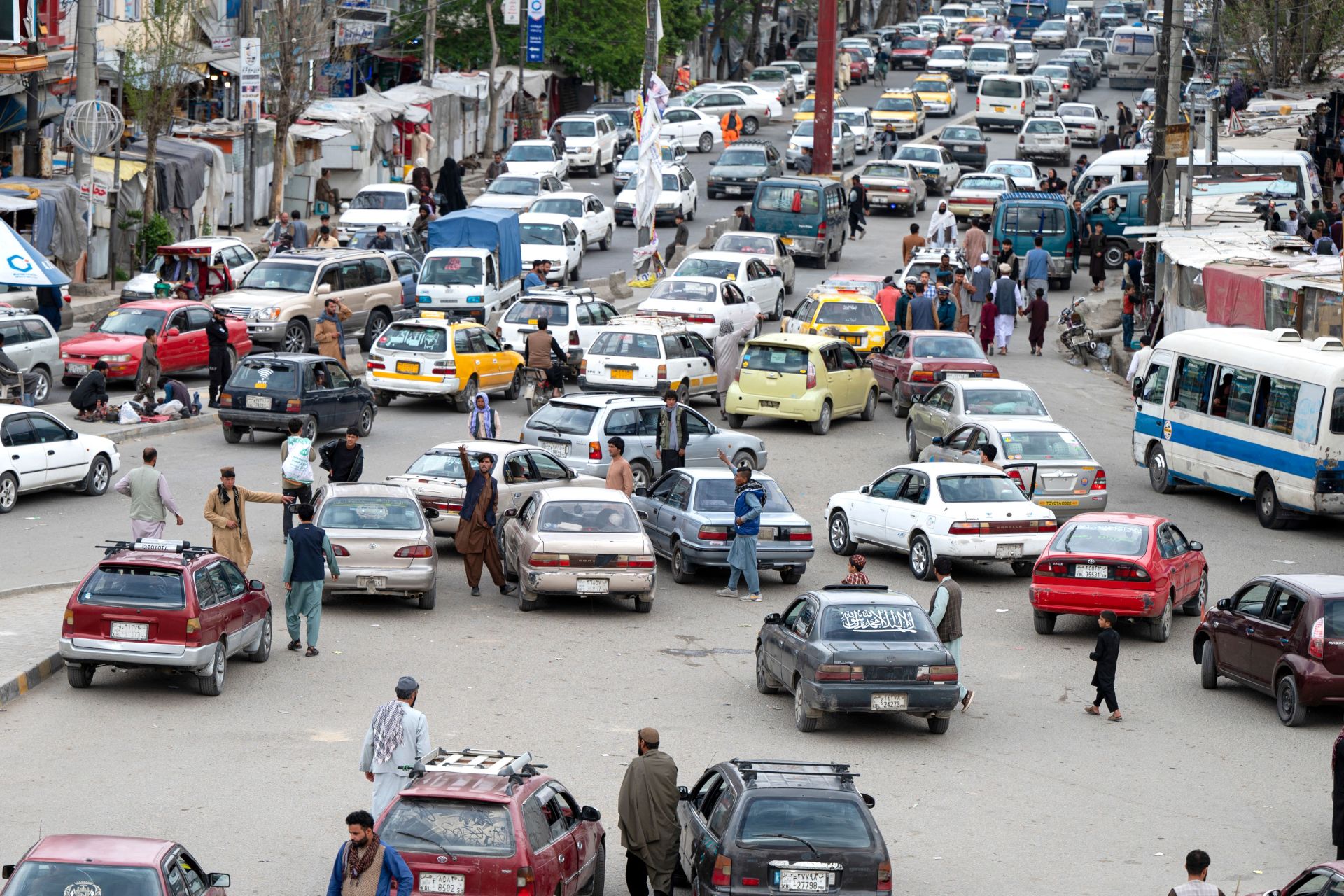
In Afghanistan’s Taxi Industry, the Taliban Show How They Govern
The transition from war to peace and building is fraught with unexpected challenges for men who have devoted their lives to waging armed jihad. Even powerful regimes of the past that were backed by the world’s top powers failed the test. The Taliban are now trying to prove they can govern the country as effectively as they waged war against it when the Northern Alliance and Americans held sway.
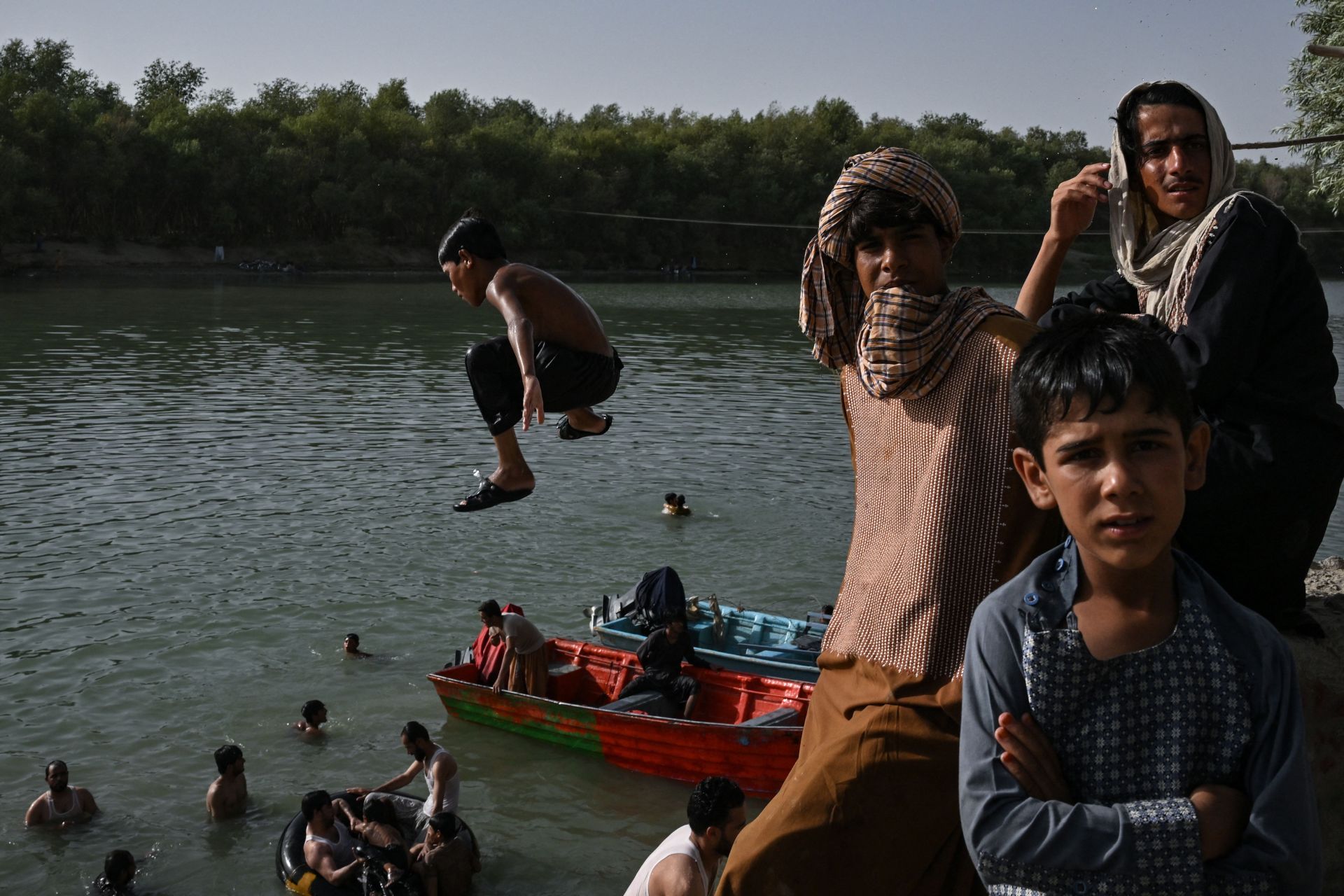
Water War Brings Iran Into Conflict With the Taliban
While drought has been a problem in Afghanistan and Iran for a long time, it has worsened over recent years. The Taliban claim that water levels are too low due to climate change, and that even if they open Kajaki dam, nothing will reach Iran.
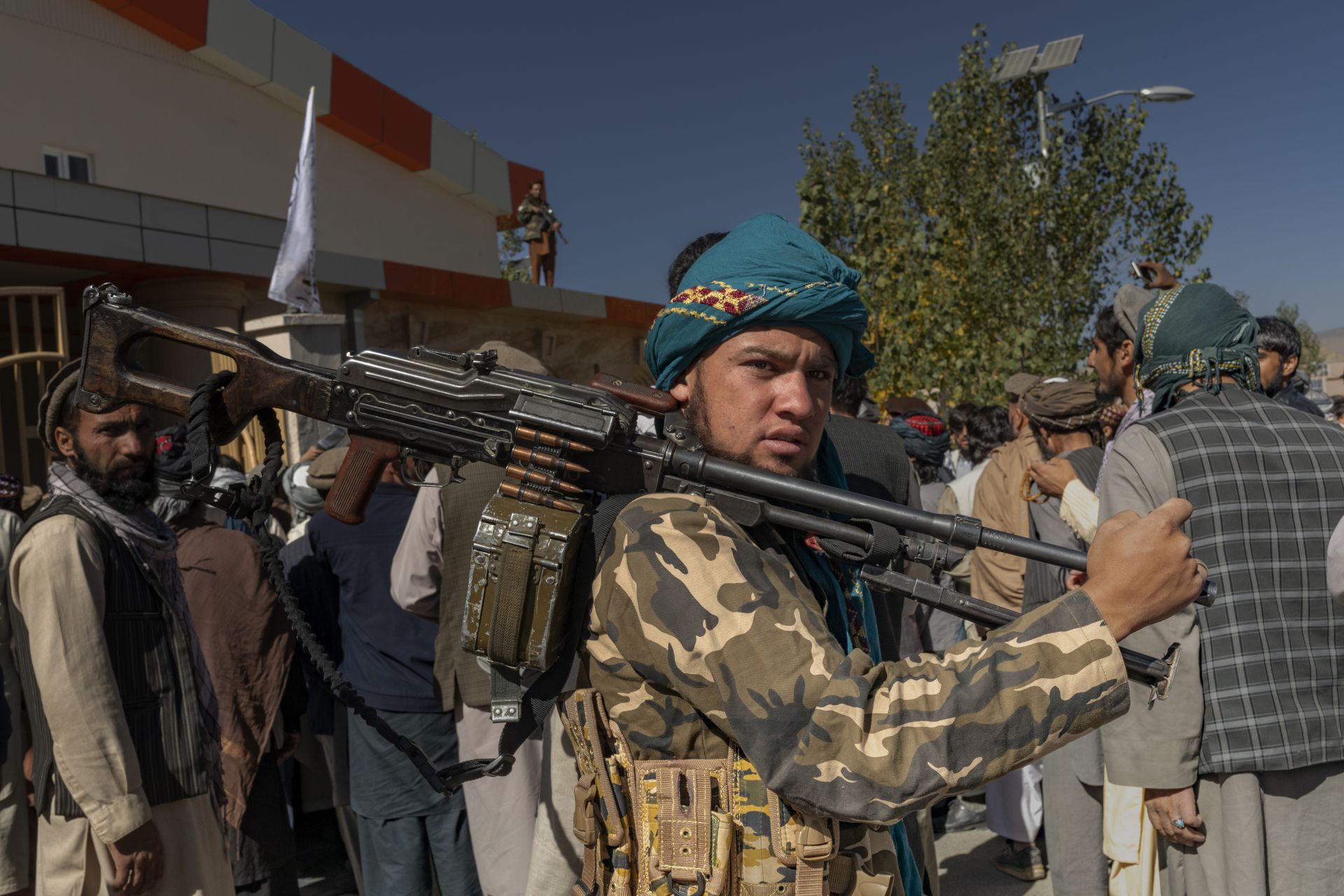
In Bamiyan, the Taliban Walk a Perilous Tightrope
Only time will tell if the "moderates" or the ideologues within the Taliban win in the struggle for the Shiite-majority province of Bamiyan. With the openly-sectarian Islamic State group watching from elsewhere in the country, the potential dangers for Afghanistan’s ethnic minorities are clear.
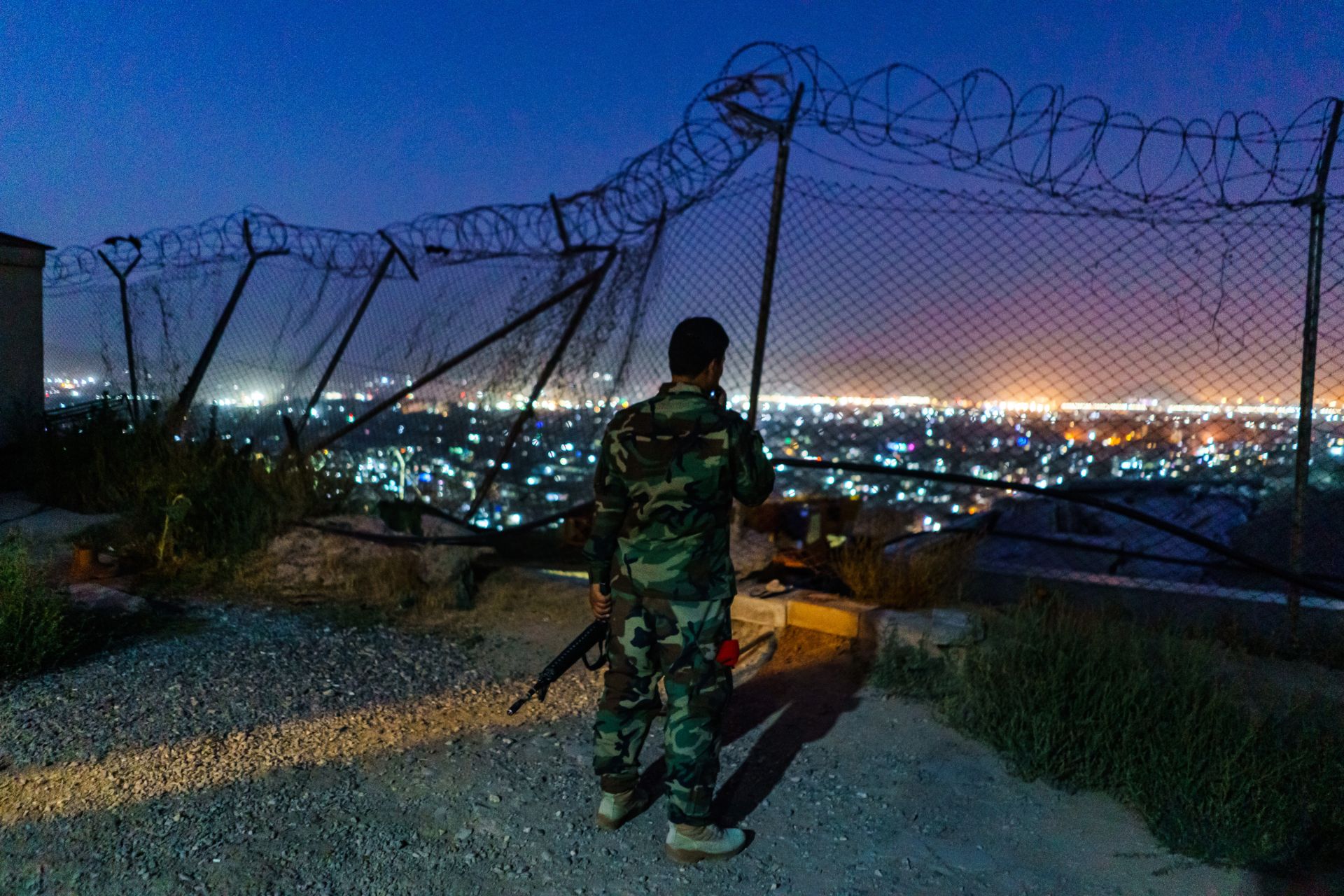
Reporting on the Taliban Takeover
At around 2 p.m. news spread that the president, Ashraf Ghani, had fled from the palace. Then the Taliban released another statement saying they would now enter Kabul to maintain order and prevent anarchy. After 20 years of war and tens of thousands of lives lost, it was a stunning moment. The insurgents were now the peacekeepers.
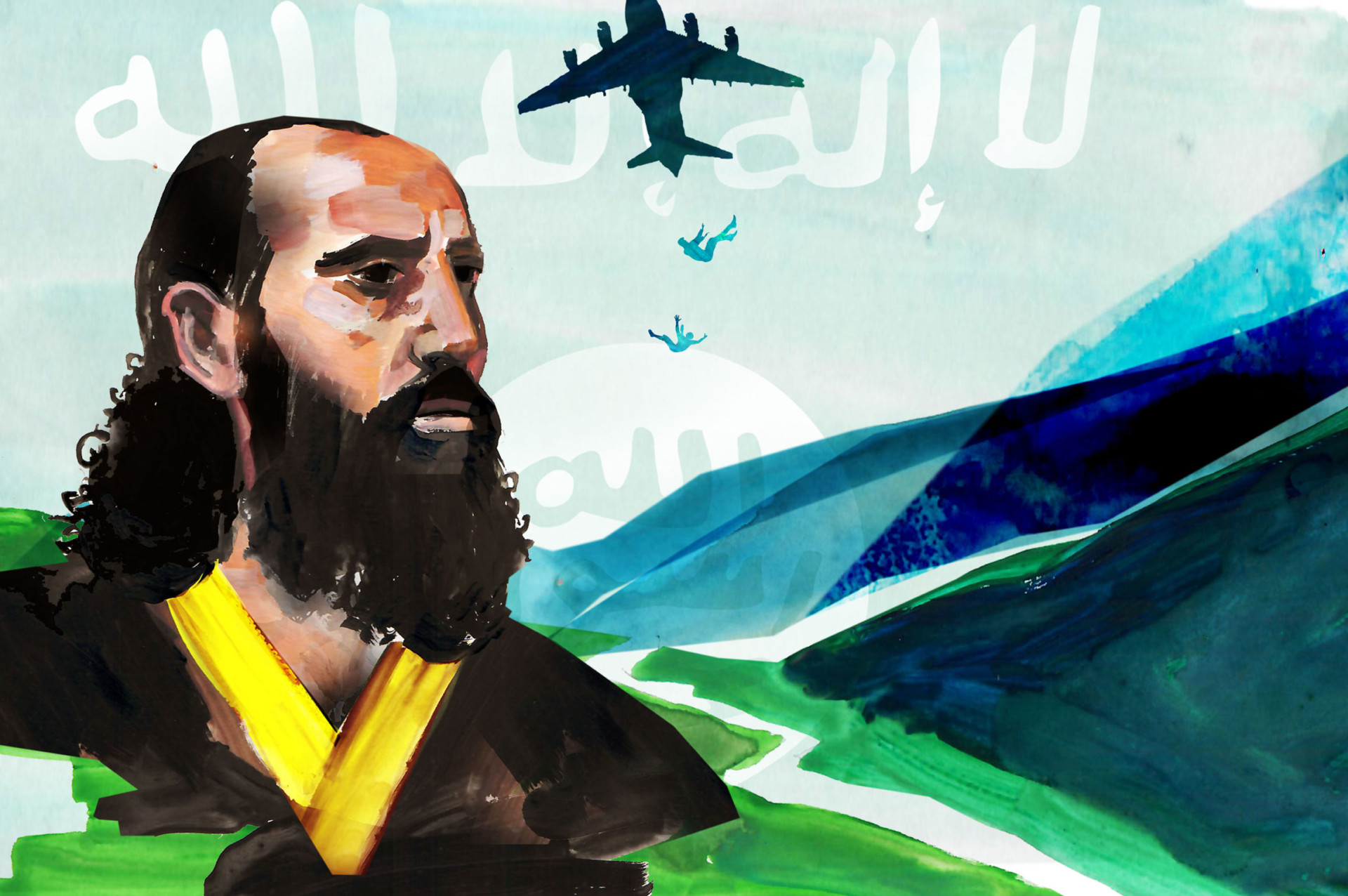
Faith and Vengeance: the Islamic State’s War in Afghanistan
Since its formation in 2015, ISKP has been killing civilians and fighting the Taliban in a wave of violence unlike anything the country has seen before. This is the inside story of the group’s rise, fall and possible rebirth.
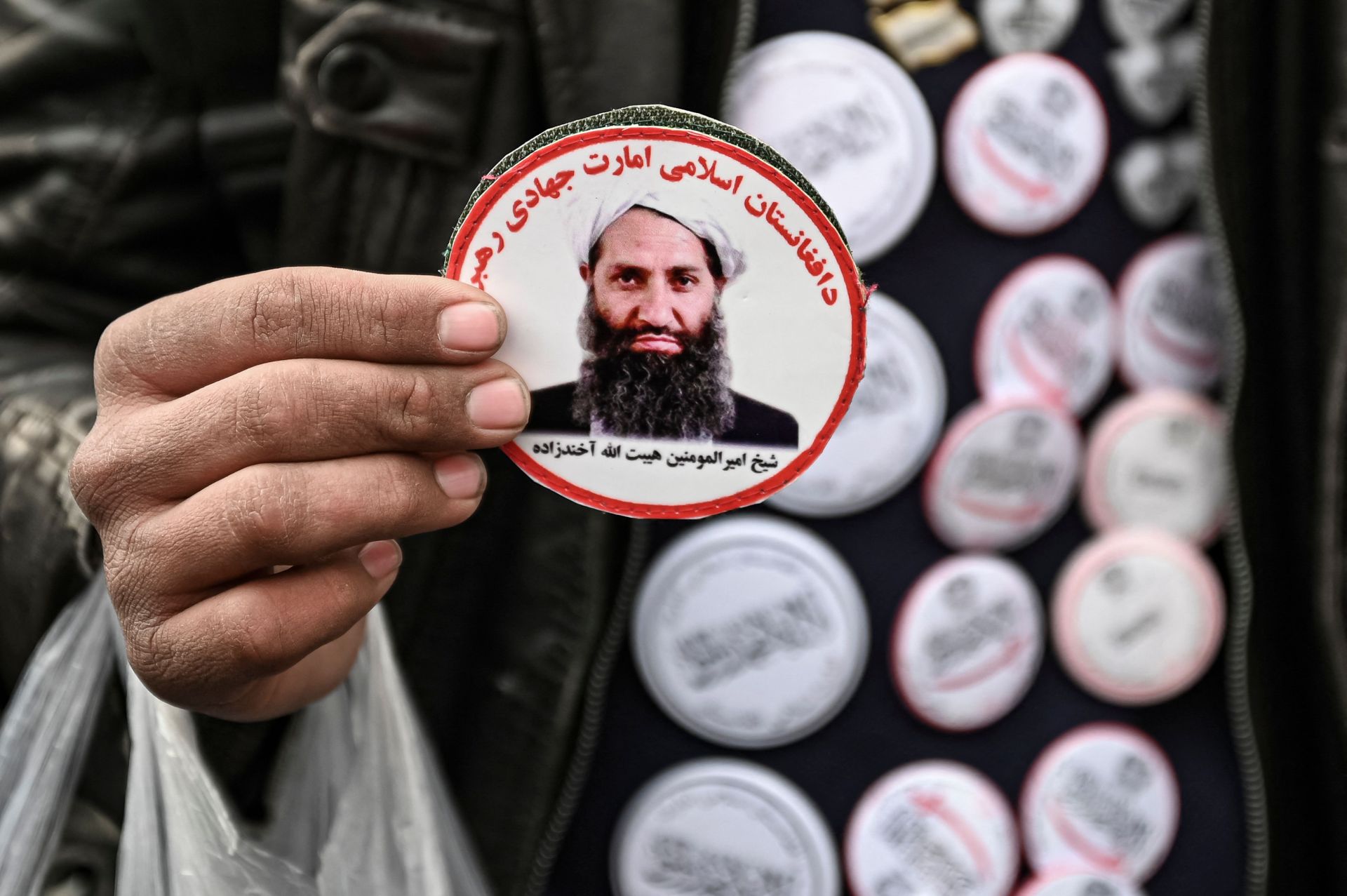
For Now, Ideology Trumps Pragmatism in Afghanistan
Few of us knew exactly why the assembly, or jirga, was being convened, but we knew that it was symbolically important. Interest picked up when news spread that the Taliban’s supreme leader had come to Kabul to speak at the event. No Taliban leader had ever spoken at at a large public meeting in the capital before.
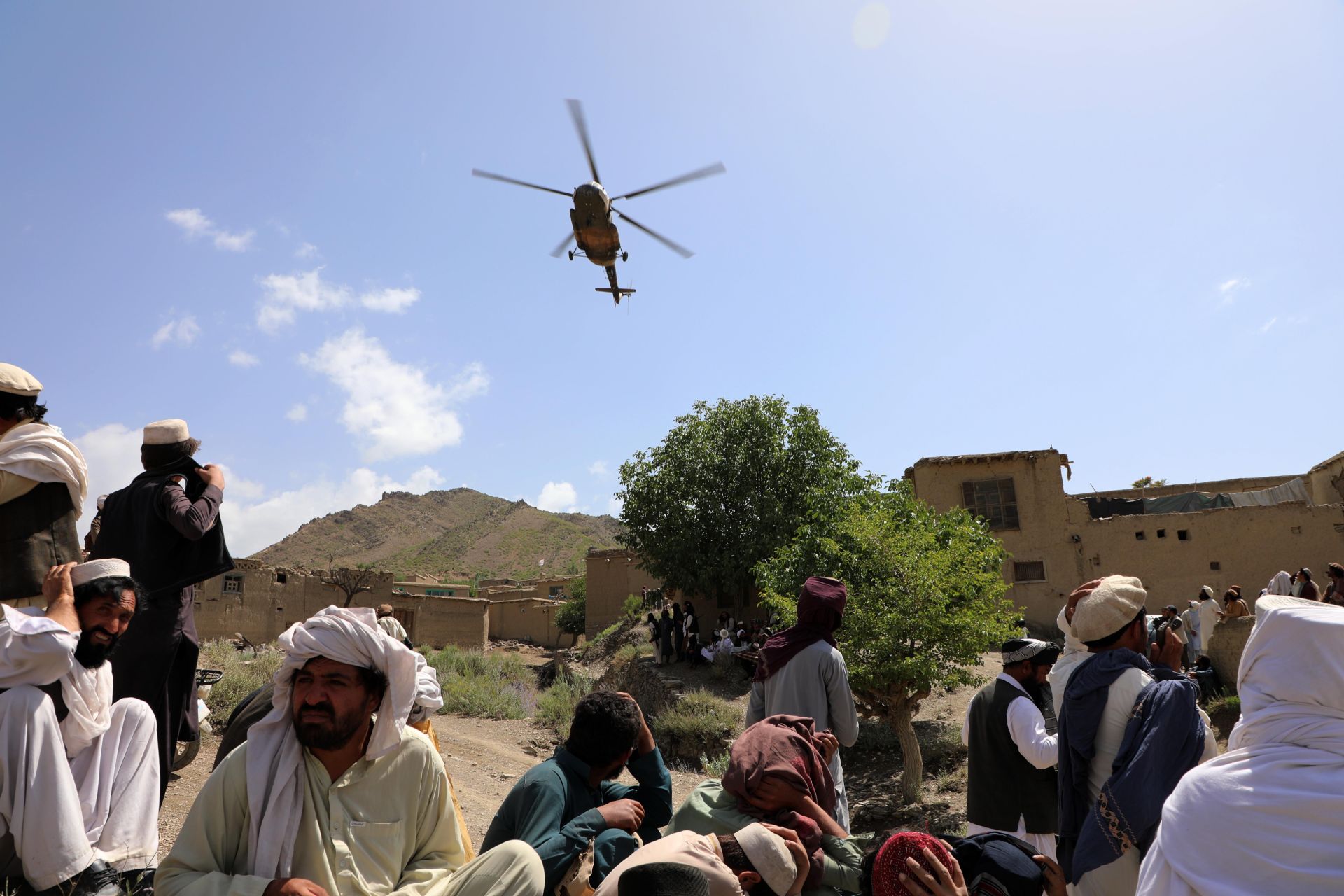
Earthquake Exposes Afghanistan’s Political Fault Lines
The Taliban must prove they can build the country as effectively as they waged war. A deadly earthquake in Afghanistan's southeast has underlined just how difficult that will be.
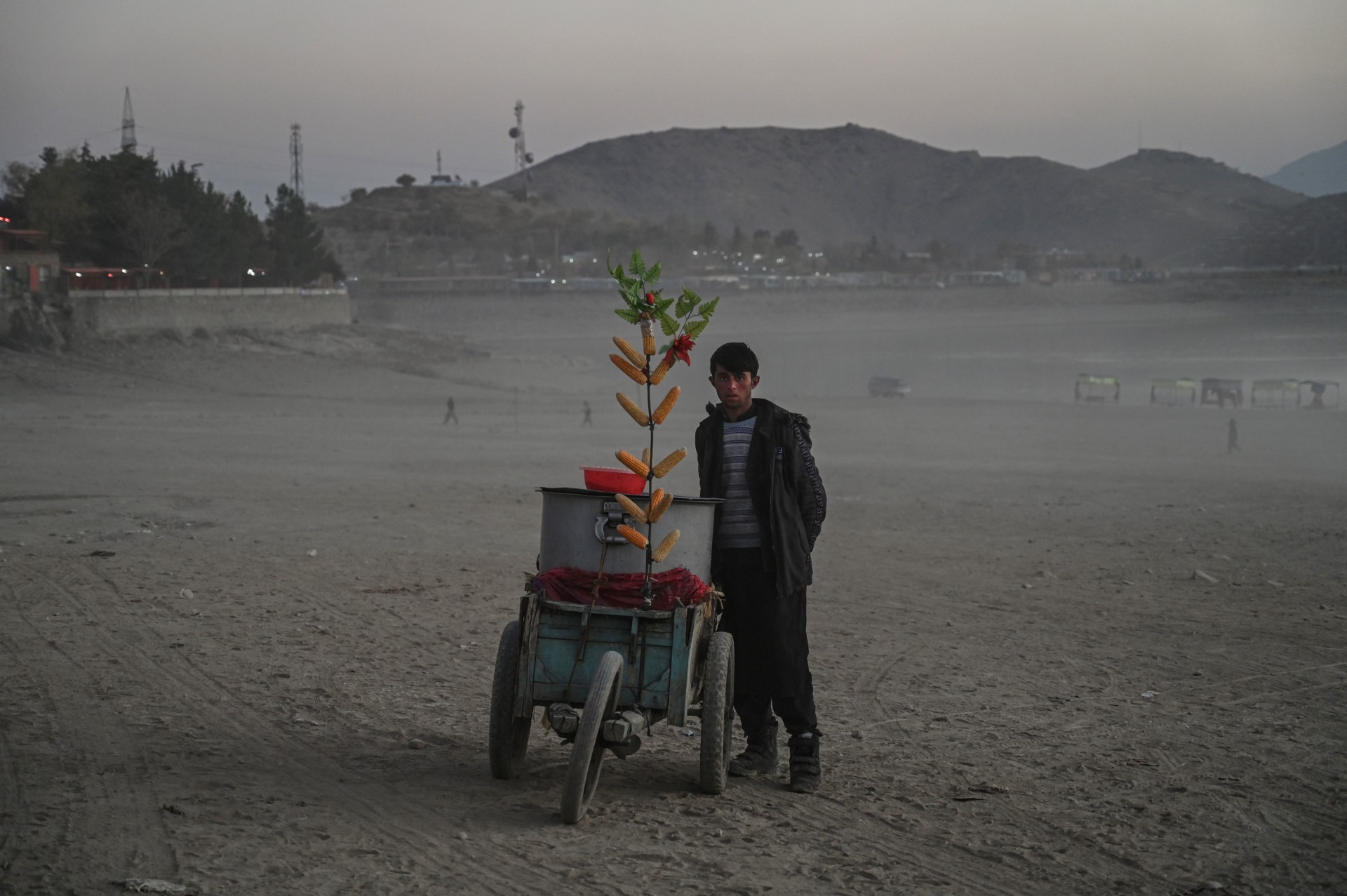
In Afghanistan, a Drought Highlights the Climate Crisis
While decades of war have left their mark on the lake, the worst damage may yet be done by something we Afghans are ill-prepared for: the global climate crisis.
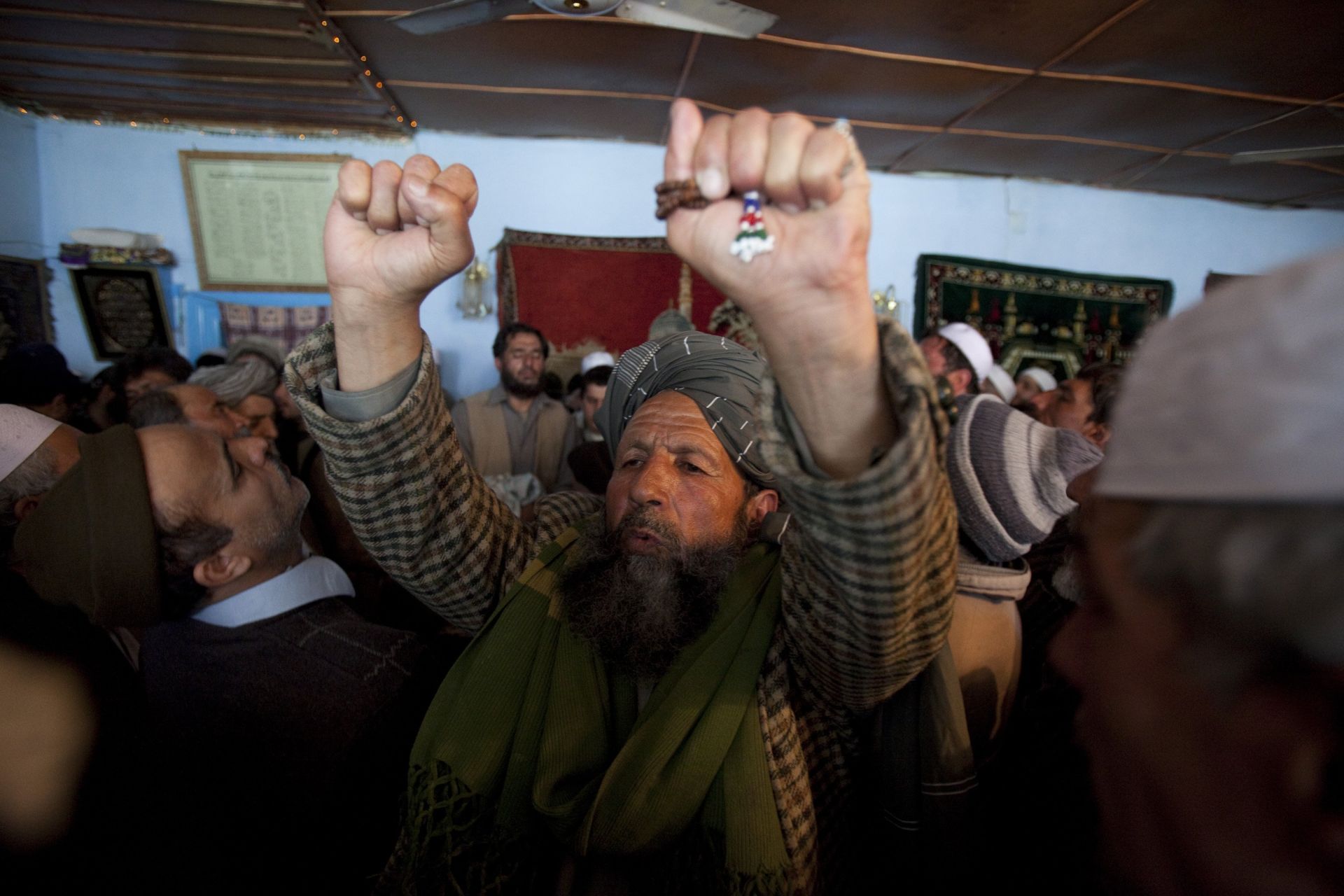
Afghanistan’s Sufis Are Under Attack
Attempts are underway to ignite a sectarian war in Afghanistan. History suggests this will not work
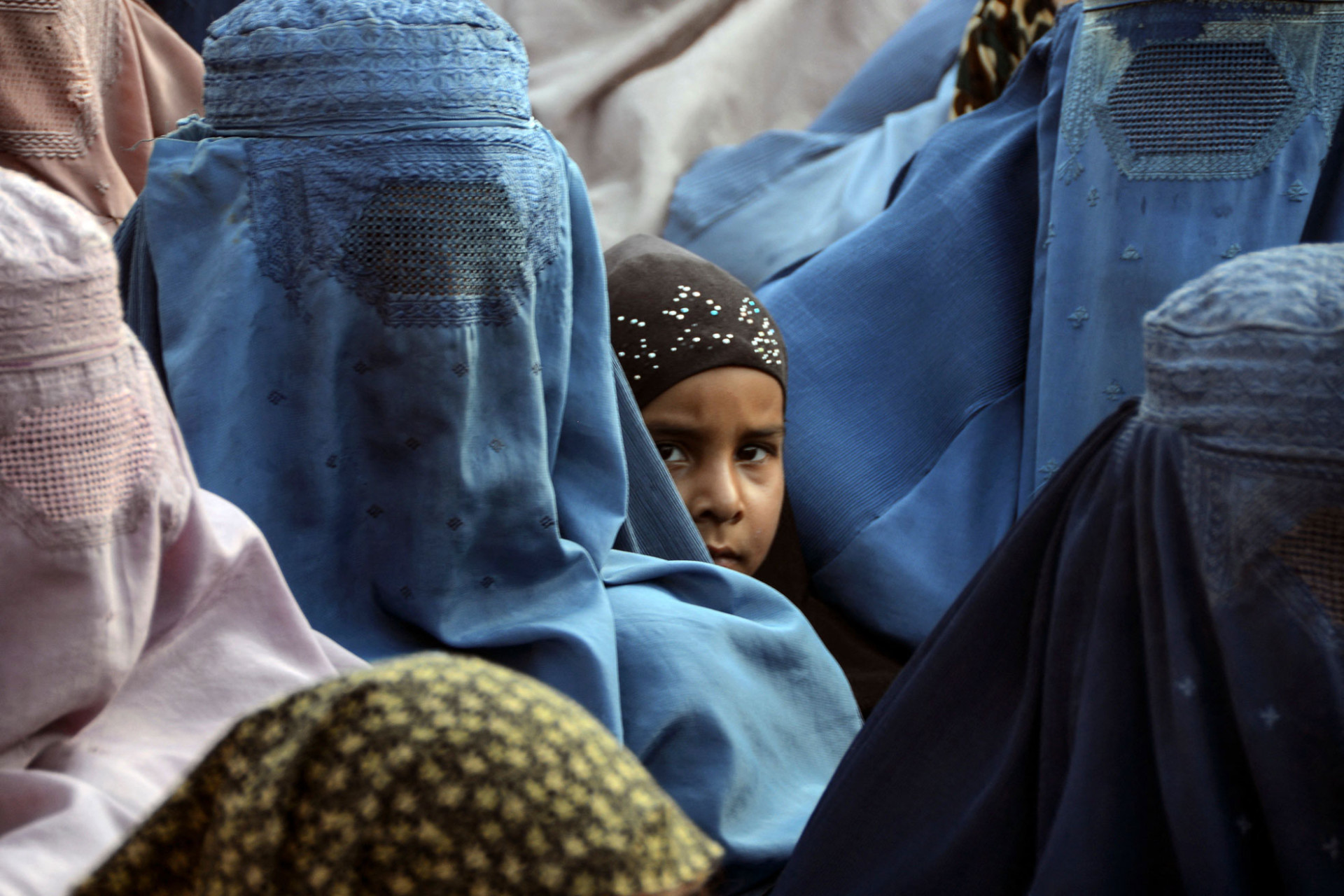
Afghan Women Deserve to Be Respected
The Taliban government should recognize that we all owe a debt to Afghan women and stop unnecessarily interfering in their lives.
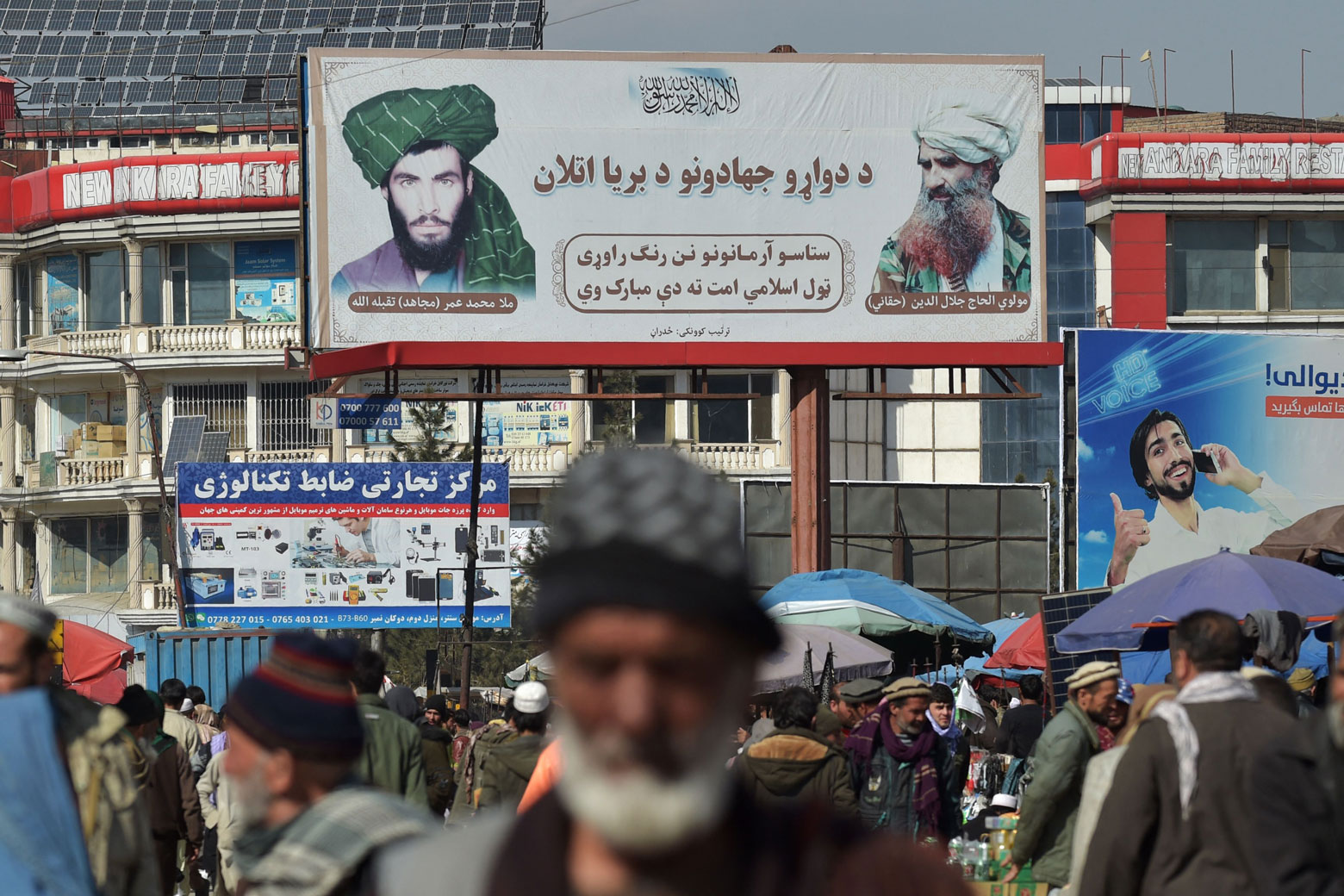
The Taliban Still Depend on Mullah Omar’s Legacy
Nine years after his death, the founding leader of the Islamist movement continues to exert an unparalleled influence over its members.
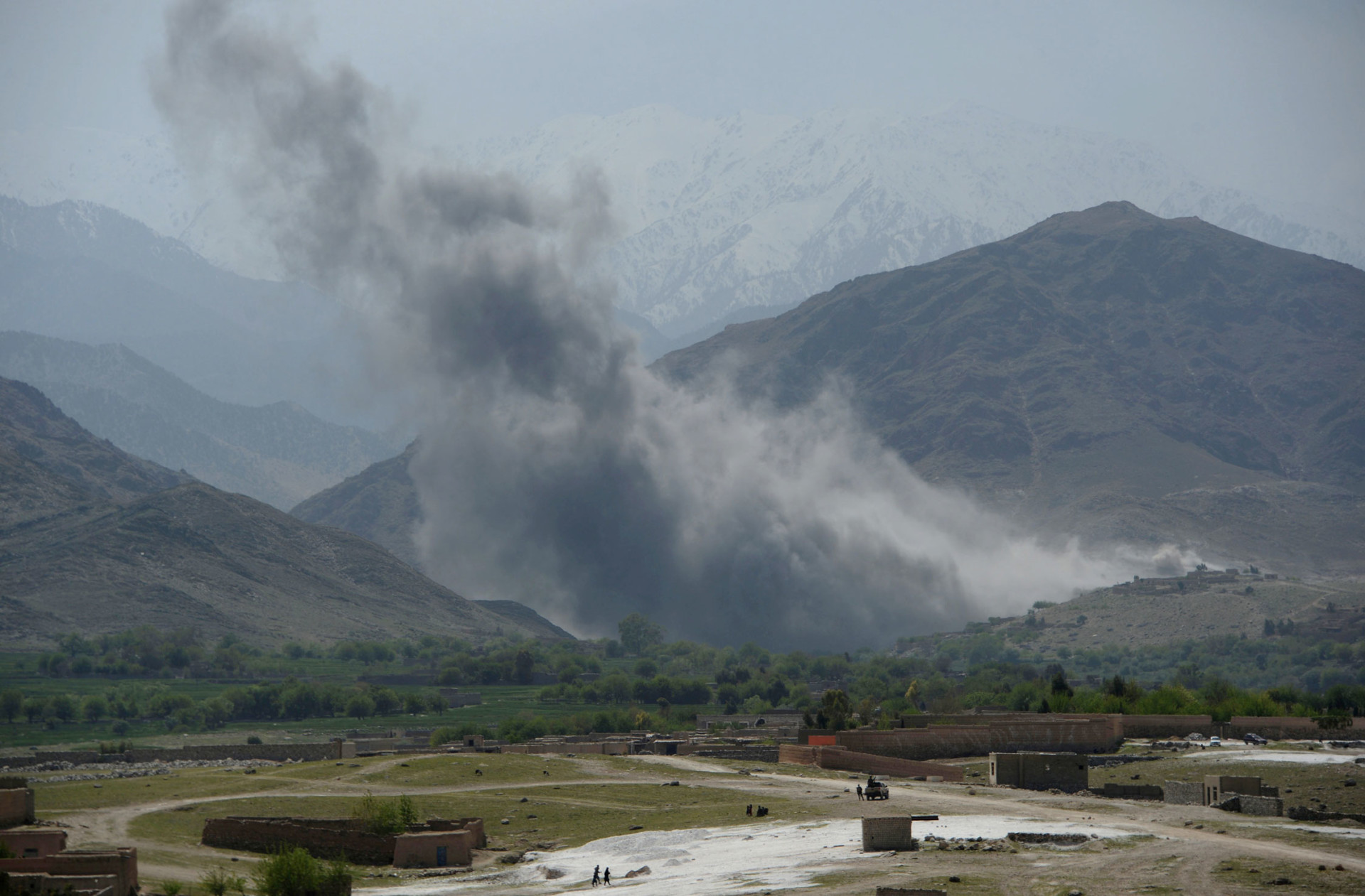
The Afghan War May Not Be Over
“Letter from Kabul” is a newsletter in which our contributors provide their own unique glimpses into life on the ground…
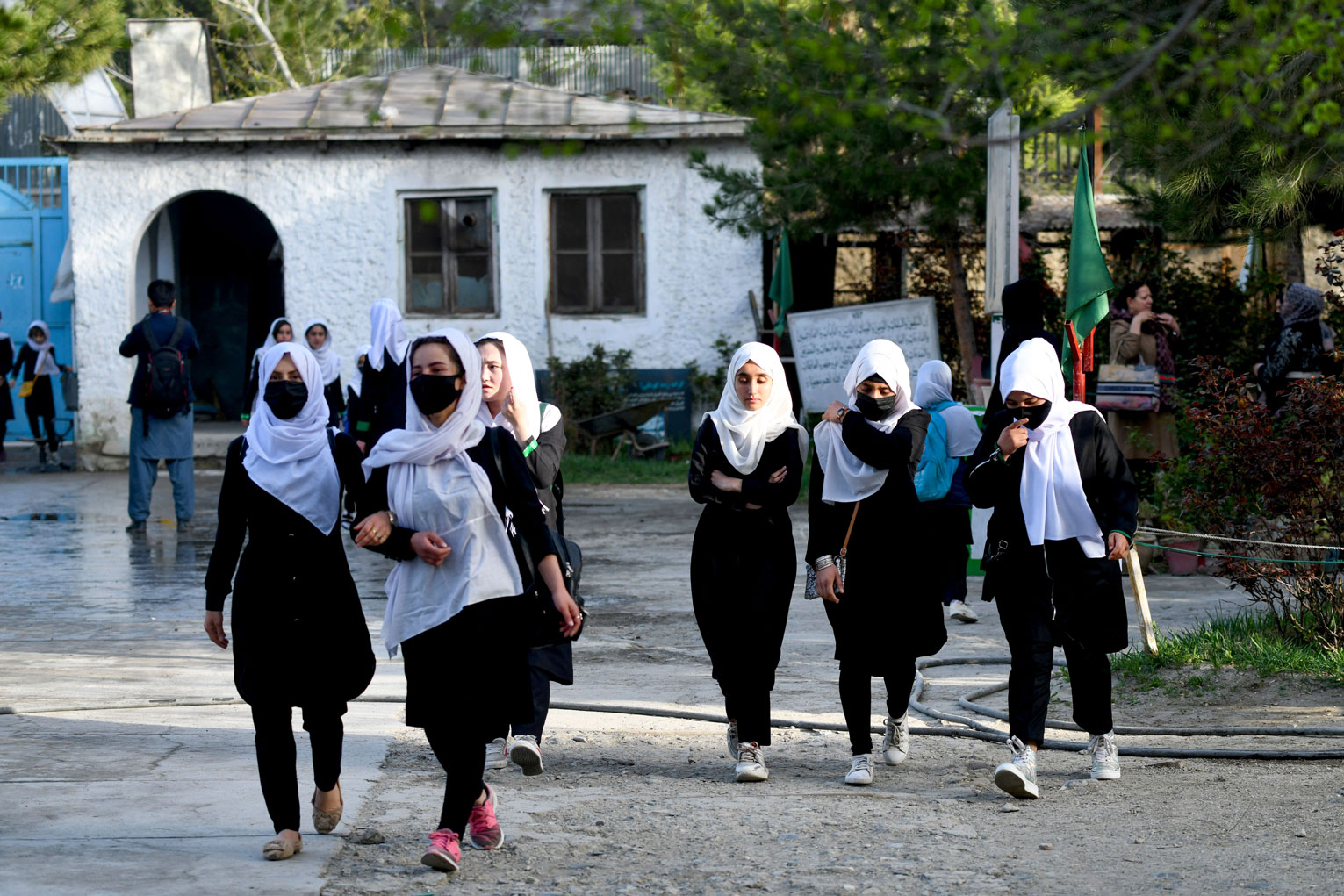
Why the Taliban View Education as a Weapon
"Letter from Kabul” is a newsletter in which our contributors provide their own unique glimpses into life on the ground…
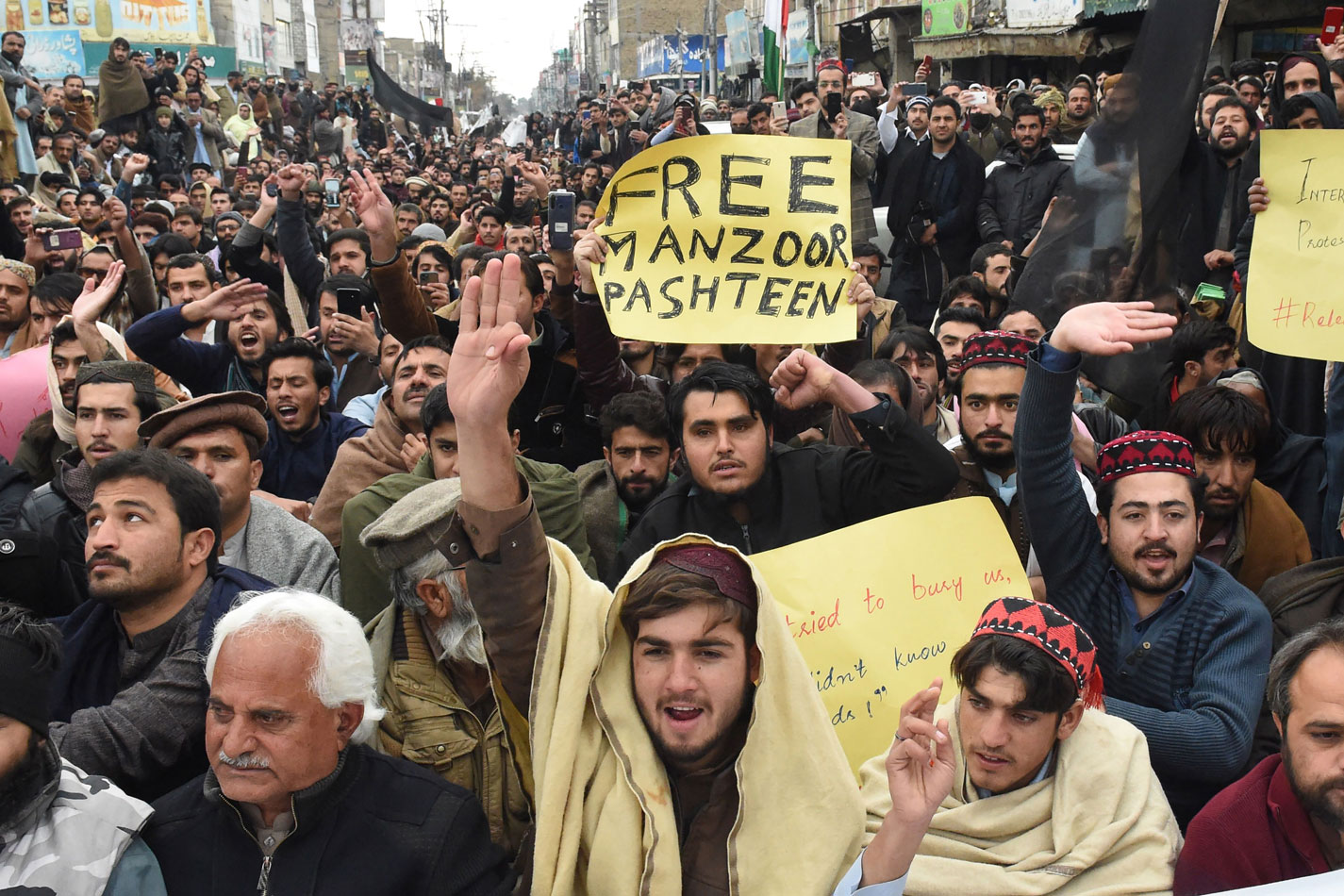
The Failure of Nonviolence in Afghanistan
“Letter from Kabul” is a newsletter in which our contributors provide their own unique glimpses into life on the ground…
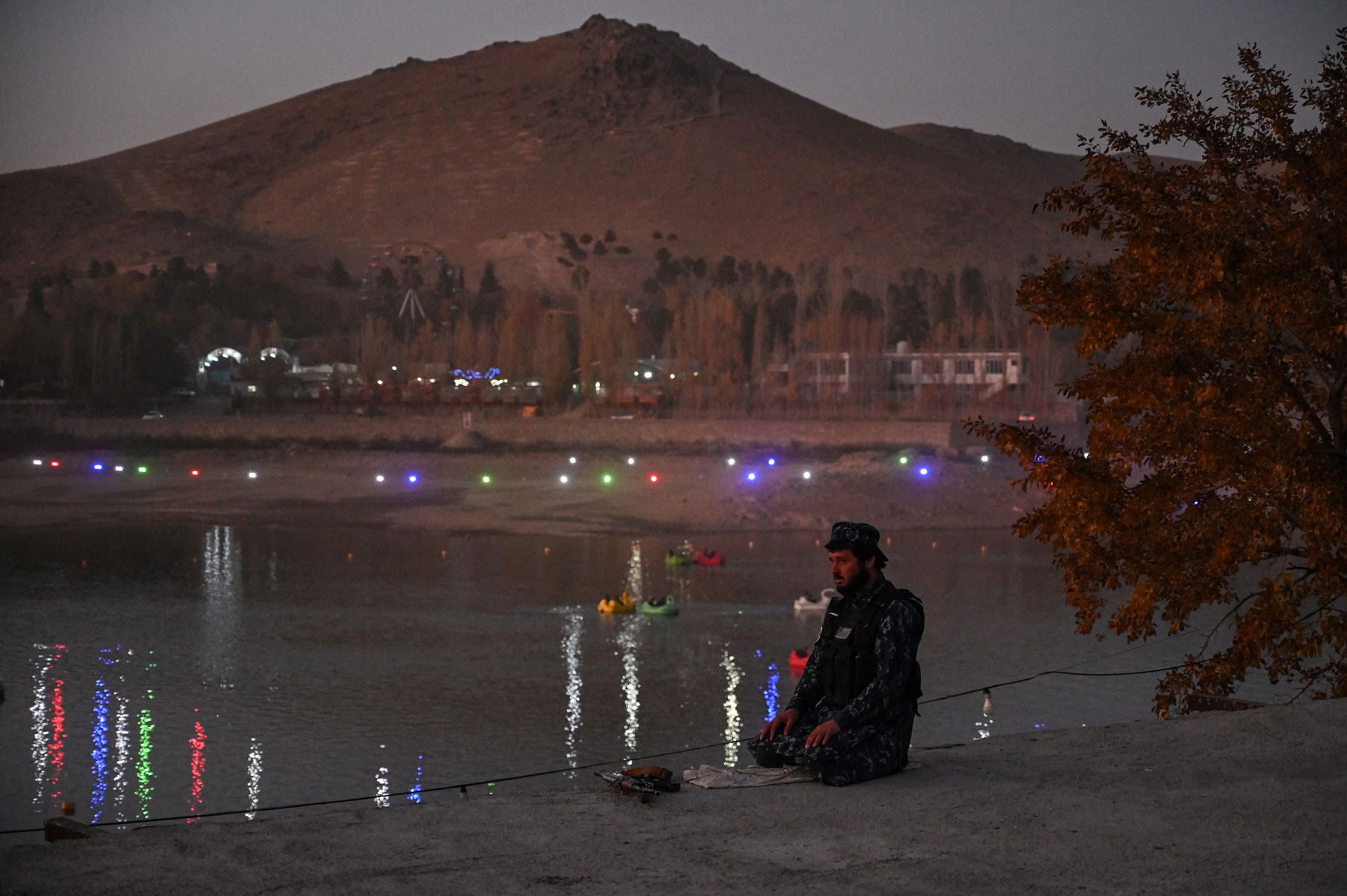
The Different Meanings of Taliban Rule
The Taliban’s victory has come to mean different things to different people here. For some Afghans, it has brought peace and freedom. For others, it has led to starvation and fear.
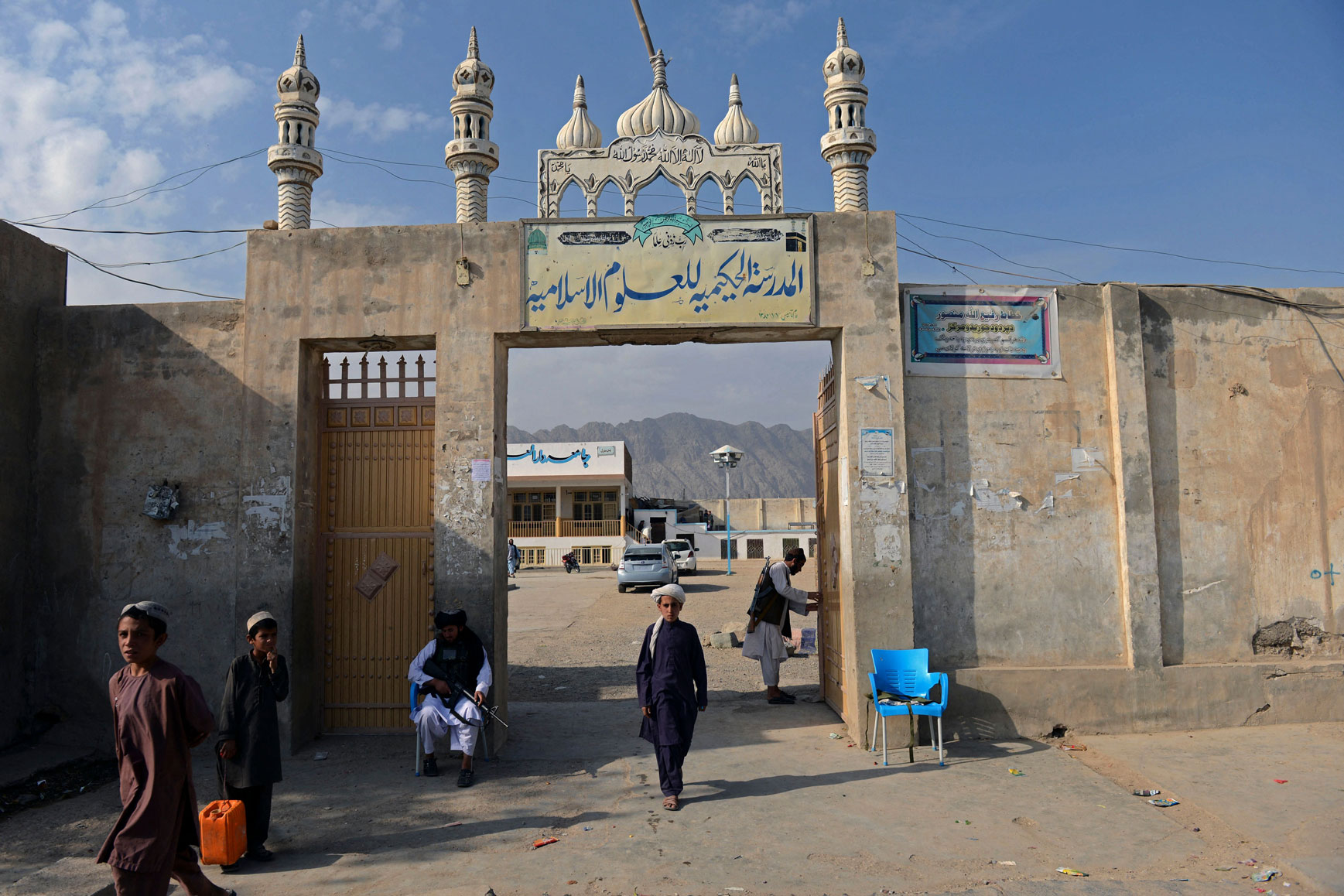
The Mysterious Public Appearances of the Taliban’s Supreme Leader
This “Letter from Kabul” is part of a new offering by New Lines. Our contributors provide their own unique glimpses…
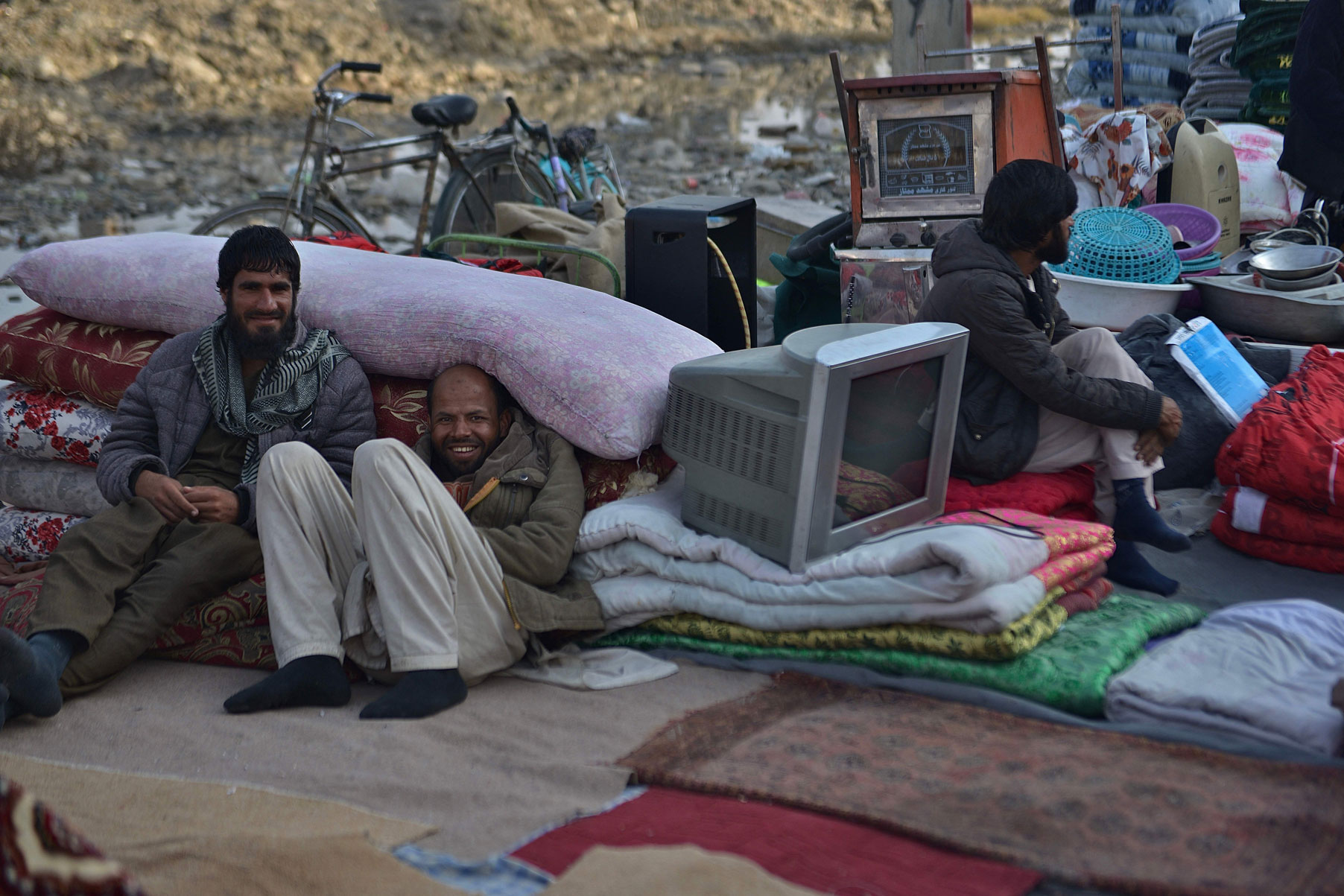
In the Afghan Capital, the Economic Desperation Is Palpable
Acts of quiet desperation are a feature of daily life here in Kabul this winter. Although they may not grab the headlines like the suicide bombings of the Islamic State group or the latest proclamations of the Taliban, they too are expressions of a certain kind of politics.
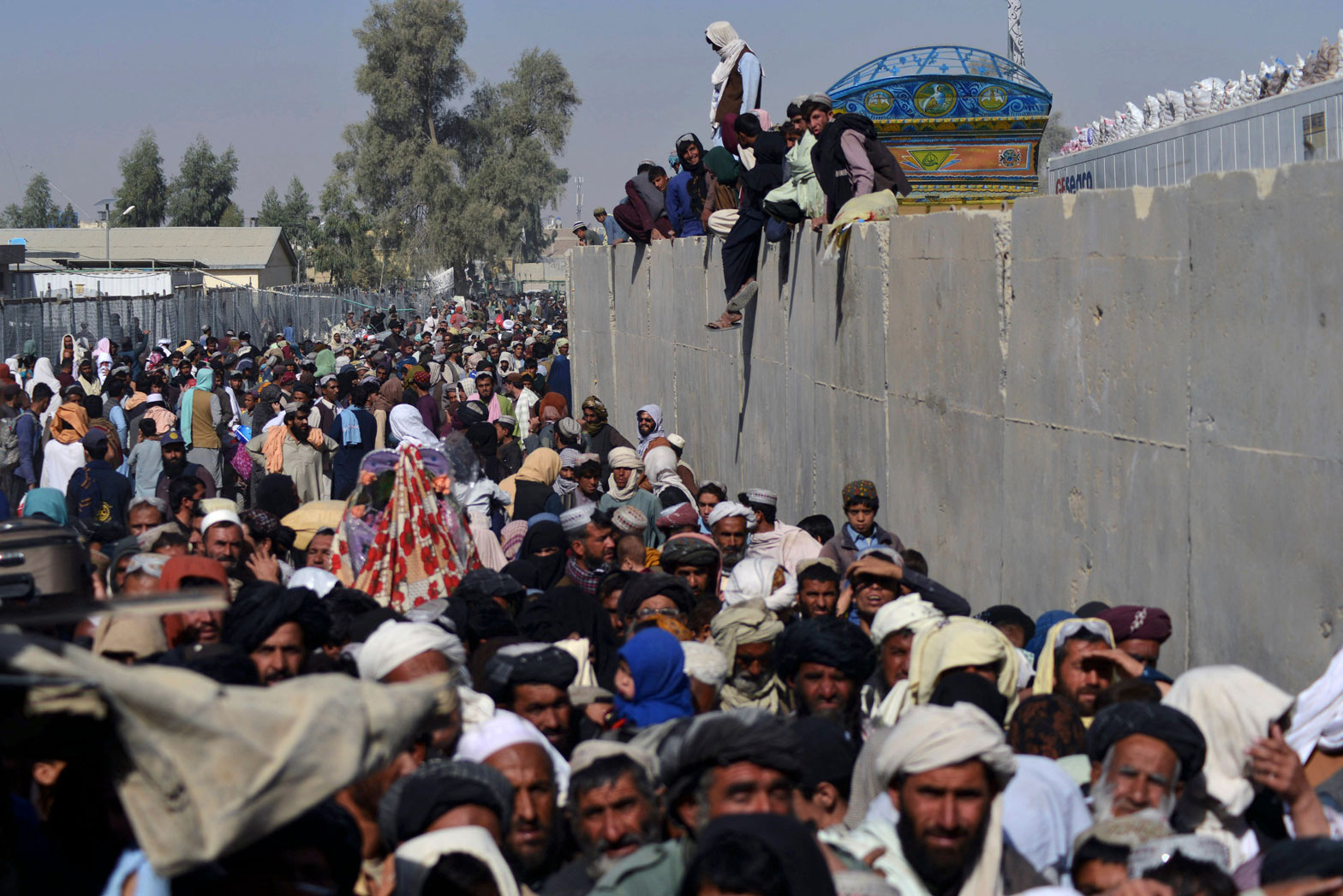
Letter from Kabul: The Brutal Business of a Border Crossing
We Afghans are used to waiting around because of the incompetence and arrogance of our officials. We are accustomed to being abused and treated as second-class citizens by our own governments. But in all my life I had never seen a hell like this.
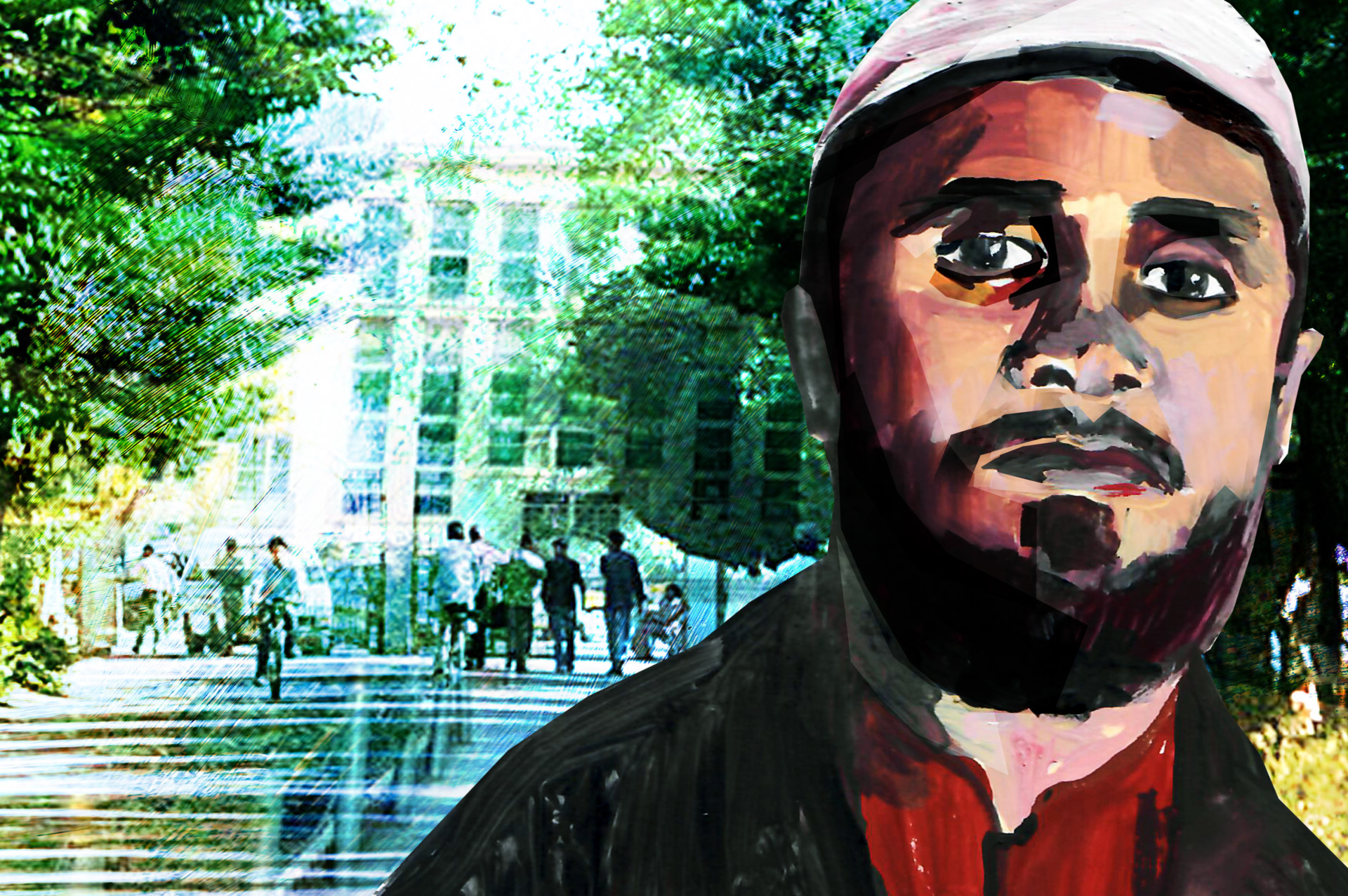
Kabul University’s New Chancellor Promises an Updated Taliban Outlook
The new generation of Taliban are a product of their times: more open to the prospect of gradual social change than their forebears, yet politically more militant. Many of them played important roles in a war that killed tens of thousands of Afghans but, as they point out, they too lost friends and family along the way.
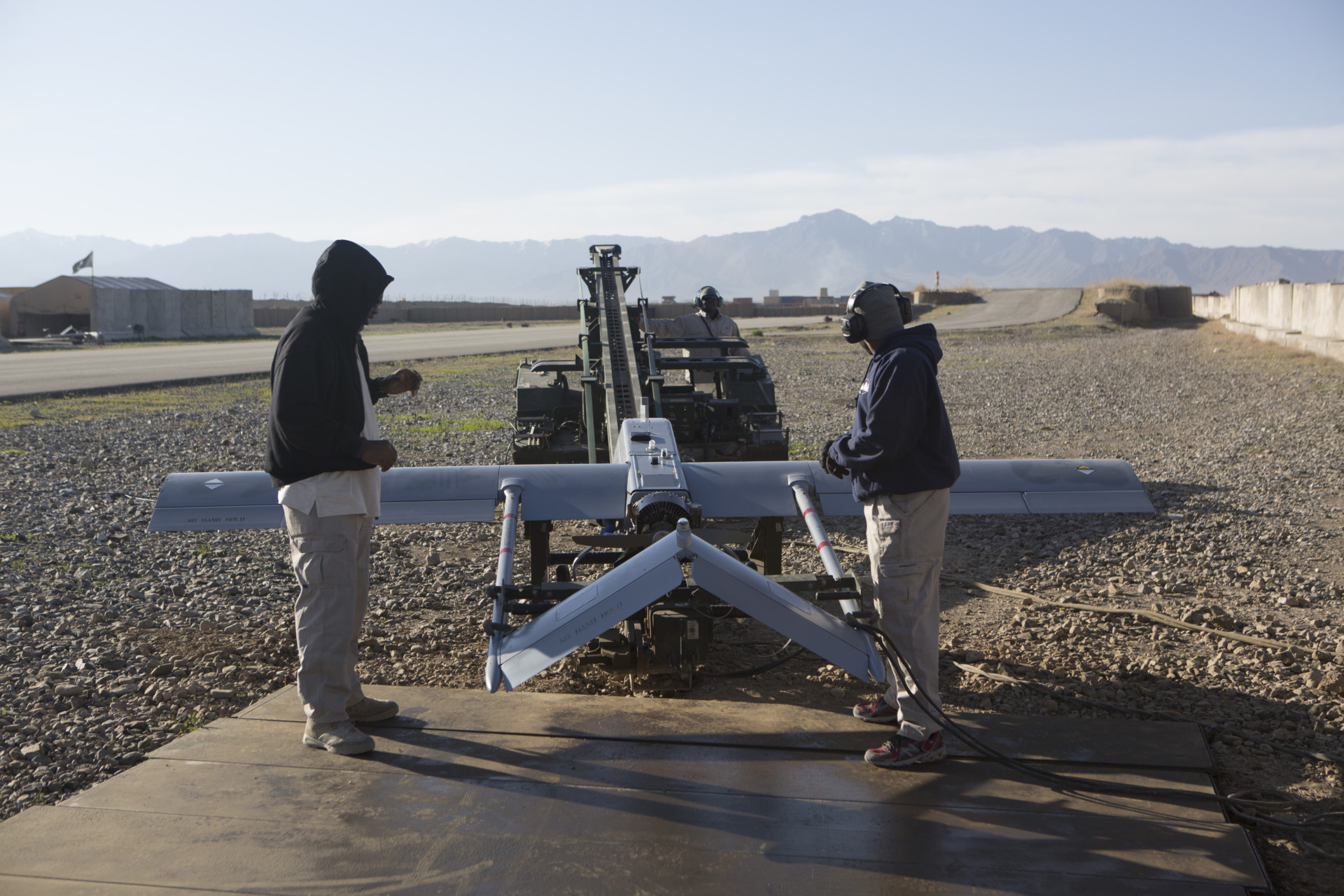
The Drone Unit that Helped the Taliban Win the War
The Taliban’s advances in the north near Tajikistan were a critical part of the story of how Afghanistan fell to the group. Fazelminallah Qazizai speaks to the drone unit that decapitated rival forces and enabled the insurgents rapid advance.
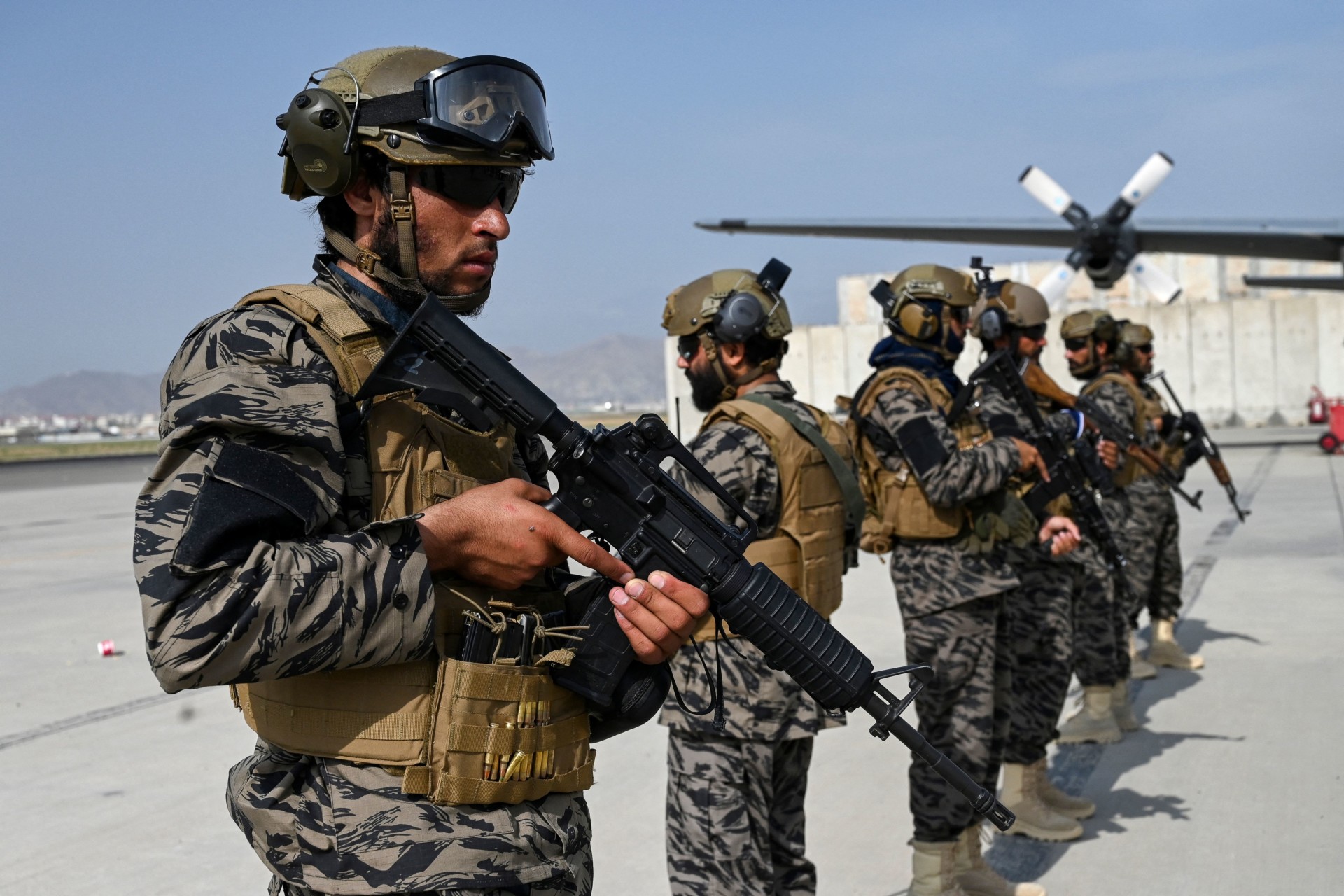
The Special Units Leading the Taliban’s Fight against the Islamic State
The Taliban sensed an opportunity. Eager to win more public support for their insurgency and desperate to prevent the Islamic State from making further inroads into their territory, they decided to escalate the fight against the group.
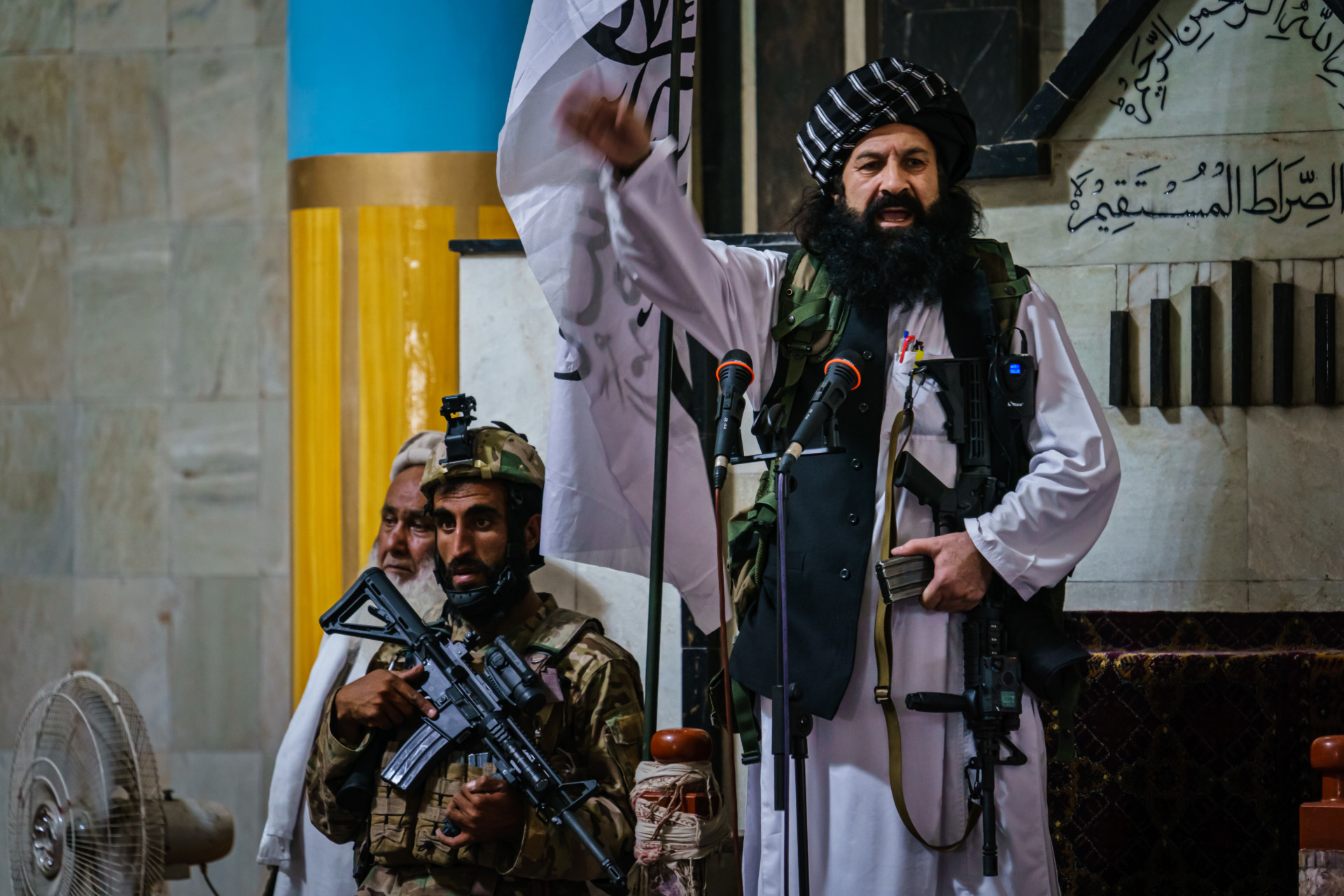
The Taliban’s Struggle to Control Kabul
In the coming weeks, as the Taliban try to form a new government, they will have to find ways to reconcile the competing interests of the different factions they are trying to court to give their rule legitimacy. It remains to be seen, however, if they have the capacity to enforce discipline within their own ranks.
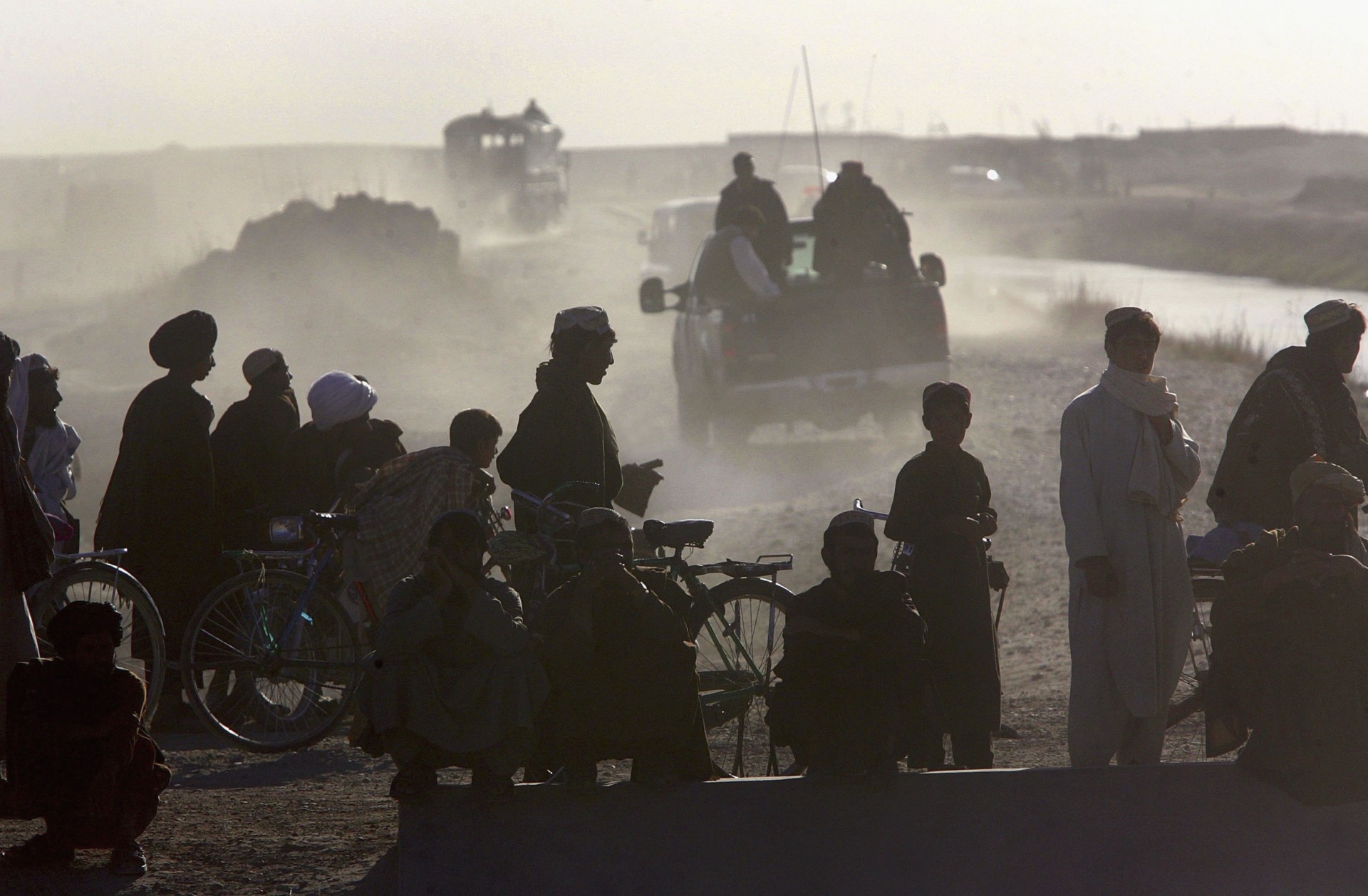
After America: Inside the Taliban’s New Emirate
With just under five months to go until U.S. withdrawal, as Afghans brace for postwar uncertainty, an Afghan journalist visits the Taliban's new emirate in Helmand, the land the U.S. failed to tame.
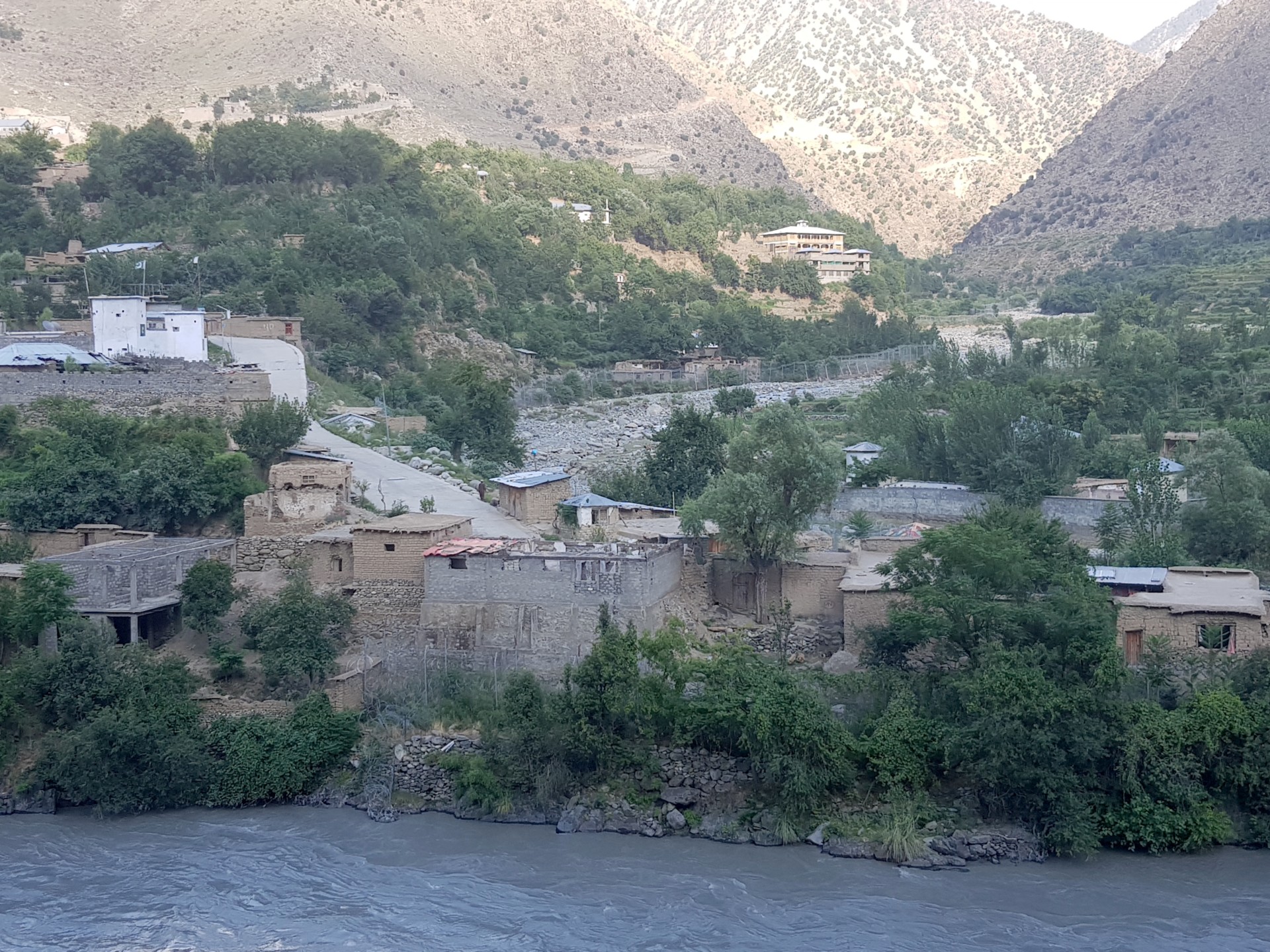
On the Afghan-Pakistan Frontier, the Danger Is Never Over
For locals on both sides of the frontier, the distinction between what is local and what is foreign has never been clear. Houses, mosques, farms and even graveyards have one entrance in Afghanistan and the other in Pakistan. People on both sides often belong to the same tribes and have resisted such artificial delimitations.
